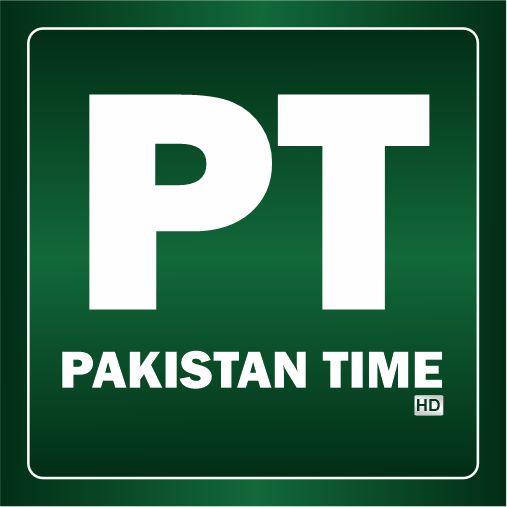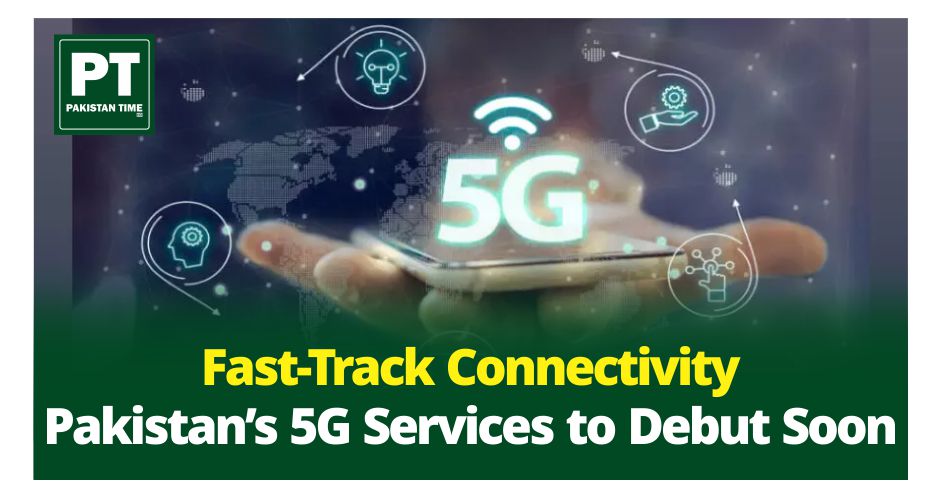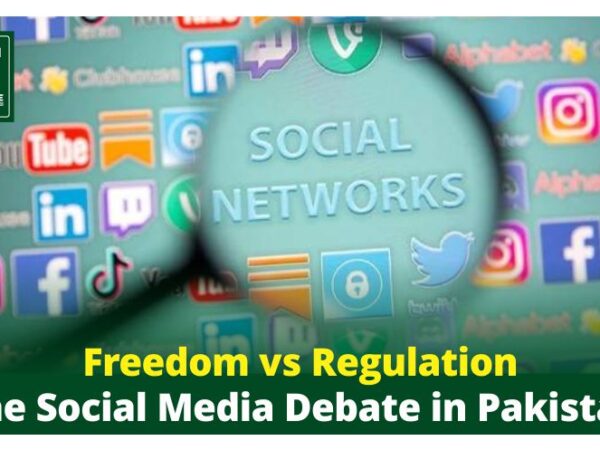Fast-Track Connectivity: 5G Services to be Launched by July-August in Pakistan
Islamabad – In a series of video messages, Federal Minister for Information Technology and Telecommunication (IT&T) Dr. Umar Saif has unveiled exciting plans for the future of technology in Pakistan. The country is gearing up to launch 5G services by July-August this year, along with auctioning a 300MHz spectrum. This significant leap in telecommunications is expected to revolutionize connectivity across the nation, offering high-speed internet and bolstering the Information Technology (IT) sector.
Dr. Saif expressed pride in the caretaker government’s achievements, stating that they have met 13 out of 15 goals in promoting the IT sector and boosting exports within just five months. One key achievement highlighted by Dr. Saif is a policy change allowing IT companies to keep 50 percent of their export earnings in dollars. This move has already led to a significant 32 percent increase in IT exports in the past 60 days.
The establishment of a specialized telecom tribunal to resolve disputes in the telecom sector quickly was also emphasized by Dr. Saif. Furthermore, aligning educational institutions with industry needs is a priority. To this end, plans are underway for a standardized quality test for 75,000 IT graduates and the introduction of special industry courses in universities. Progress is also being made to enable freelancers to receive payments through PayPal.
In addition to these developments, Pakistan’s first space policy will allow international companies to offer communication services through low-orbit satellites. Another exciting initiative is the establishment of 10,000 e-Rozgar centers across the country to support freelancers and startups. These centers will provide state-of-the-art facilities and technical support, with the aim of boosting IT exports by $10 billion annually.
- Empowering Businesses and Consumers:
- With 5G, businesses can expect faster data speeds, reduced latency, and improved reliability. This will enable seamless communication, efficient supply chains, and enhanced customer experiences.
- Consumers will enjoy ultra-fast internet for streaming, gaming, and video conferencing. Imagine downloading HD movies in seconds or experiencing lag-free online gaming!
- Healthcare and Education Transformation:
- Telemedicine will flourish with 5G, allowing remote consultations, real-time diagnostics, and even surgical procedures conducted by experts from afar.
- Educational institutions can leverage 5G for virtual classrooms, interactive learning, and global collaborations.
- Smart Cities and IoT Integration:
- 5G will be the backbone of smart cities, connecting sensors, cameras, and devices for efficient traffic management, waste disposal, and energy conservation.
- The Internet of Things (IoT) will thrive, enabling smart homes, connected cars, and industrial automation.
- Economic Boost and Job Creation:
- The 5G rollout will create jobs in network deployment, maintenance, and app development.
- Startups and entrepreneurs can innovate with 5G-enabled solutions, contributing to economic growth.
- Challenges Ahead:
- Infrastructure development is crucial. Installing 5G towers and ensuring coverage across urban and rural areas will be a massive undertaking.
- Security concerns must be addressed to safeguard against cyber threats and privacy breaches.
- Global Competitiveness:
- As countries race to adopt 5G, Pakistan’s timely entry into this arena positions it as a player in the global tech landscape.
- Collaboration with international partners and tech giants will be essential for success.
In summary, Pakistan’s 5G journey promises exciting possibilities, but it also demands strategic planning, investment, and collaboration. Buckle up for a digital revolution that will shape the future!







